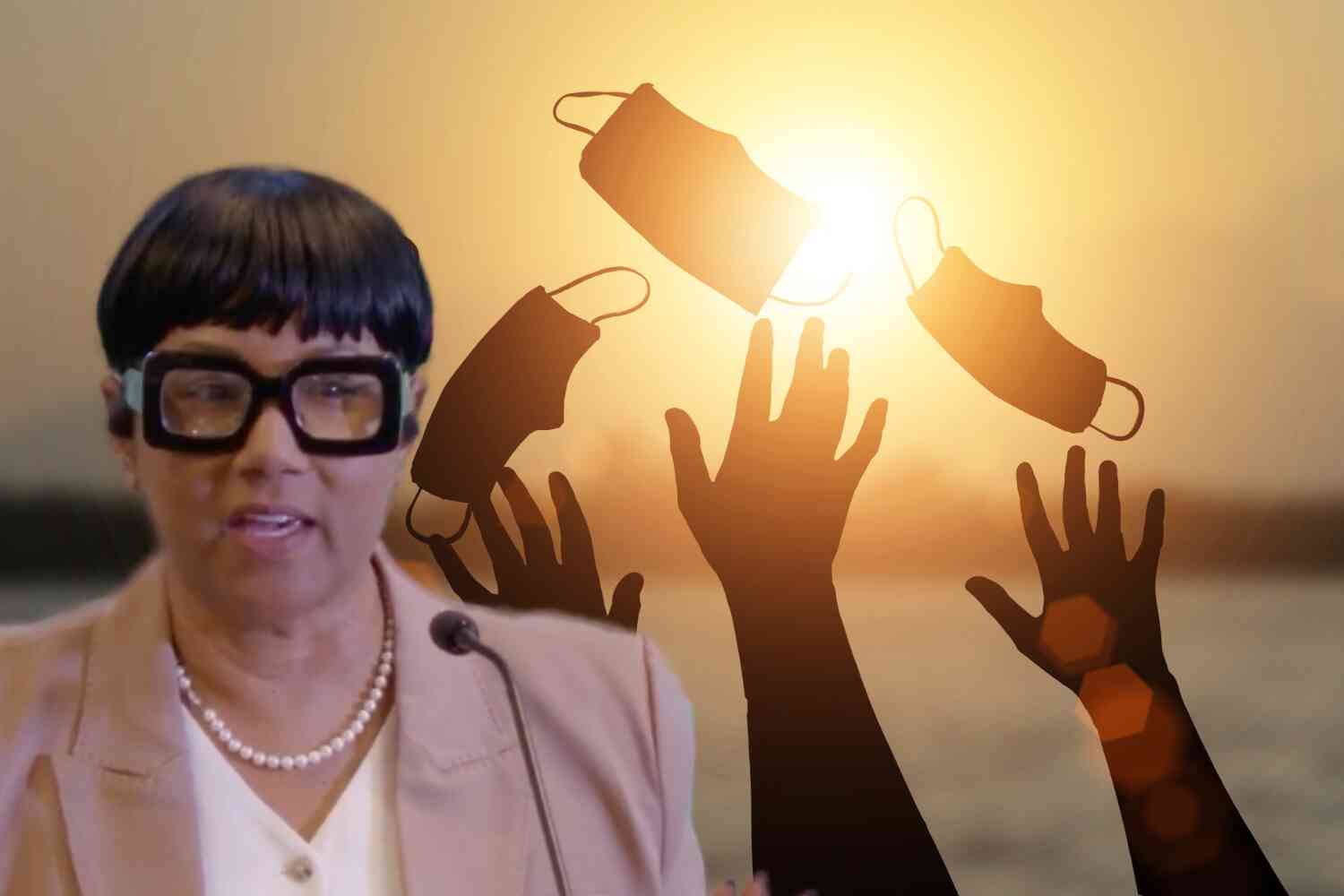Japan remains the only member of the Group of Seven major industrialized nations that does not recognize same-sex marriage, as the Osaka District Court ruled that the country's ban on gay marriage does not violate the nation's constitution.
In 2019, 14 same-sex couples filed lawsuits against the government in five cities: Sapporo, Tokyo, Nagoya, Fukuoka, and Osaka. So far Sapporo and Osaka have had rulings; neither granting a ruling against the government.
While the Sapporo opinion ruled that banning same-sex marriage was a form of discrimination that violated Article 14 of the Japanese constitution, it did not violate Article 24 of the Japanese constitution, which lays out the country's rights concerning marriage and says,
"Marriage shall be based only on the mutual consent of both sexes and it shall be maintained through mutual cooperation with the equal rights of husband and wife as a basis."
Note the "both sexes" bit.
Homosexuality has been legal in Japan since 1880, so they made a point to make marriage distinctly for heterosexual couples in their constitution, which makes it very difficult to argue that banning gay marriage is "unconstitutional."
The Osaka court reiterated the country of Japan's official position on marriage, which is that the
"purpose of marriage was reproduction," and that "marriage is a relationship between a man & a woman to bear children and raise them together in cohabitation."

According to NPR,
"Under current rules in Japan, same-sex couples cannot inherit each other's property, house or other assets they share, and have no parental rights over each other's children. They are often barred from renting apartments together, and from hospital visits and other services available to married couples."
On the other hand, Japan is facing continued population decline. Last year, the nation had the largest national population decline on record. The country recorded 811,604 births and 1,439,809 deaths, which means the population declined by 628,205 people. The fertility rate is 1.3 compared to a rate of 2.4 worldwide. Nearly 30 percent of the nation is over 65 years old, and the nation has faced a labor shortage for years.
Marriages are also on the decline and fell for the second year in a row. The country has several programs trying to incentivize traditional marriage and childbirth, but the youth seem largely uninterested, focusing on their careers instead. It's not hard to understand why same-sex marriage and homosexuality in general is largely seen as a threat to the nation.
FYI, same-sex marriage is illegal in almost every Asian nation (Taiwan is the only exception).
P.S. Now check out our latest video 👇









